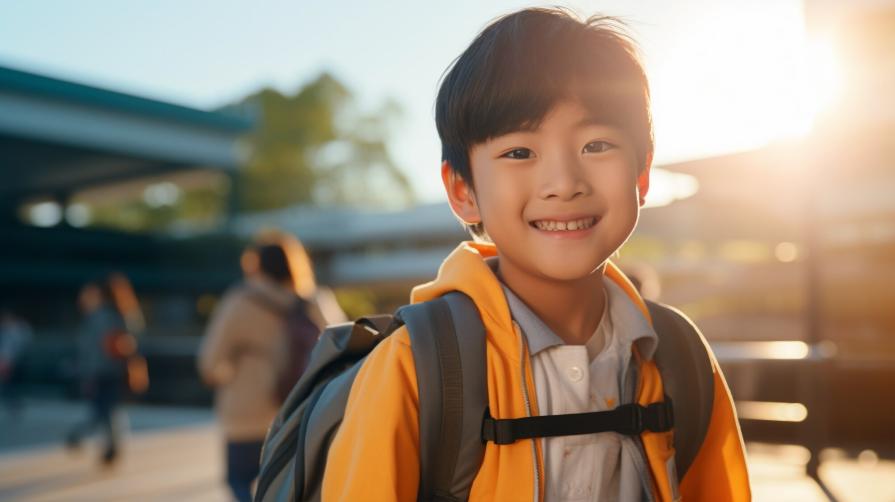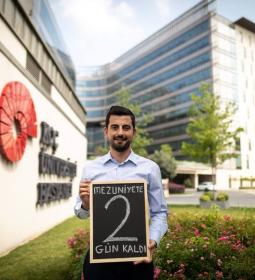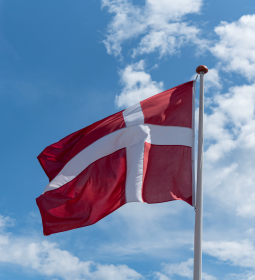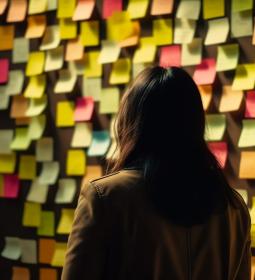The rigor and strength of the South Korean model of education is known all over the world and can compete only with the Japanese and Chinese ones – all three grew up on a Confucian and Buddhist foundation, are guided by common principles and move in the same direction, despite the fact that the state structure in China and Korea is fundamentally different, and Japan is a thing in itself.
Therefore, despite the political cataclysms, the resignation, arrest and release of the president, the Korean authorities continue to work to increase the competitiveness of their citizens in the world labor market.
In this sense, the private sector is forced to work ahead of the curve, because competition in the market of non-state education is much higher. Also in recent years, as Korean secondary education has grown in popularity abroad, parents of Korean children have had to fight to the death for places in private schools.

For example, now, starting from the age of four, children prepare for a difficult "level" test - Koreans take them at the age of 4 and 7, so future schoolchildren and their parents call them "exams at the age of four". Well, or seven. These exams are necessary to get a place in one of the private academies.
This practice is of serious concern to the parent community. The fact is that entrance exams to Korean private schools often include material that even fifteen-year-olds are not always able to handle. In essence, they are adapted, transmitted in a simple and understandable language to a small child material of middle and high school. It is almost impossible to master this on your own, and therefore parents are forced to hire tutors for their children. For example, in Seoul last year, only 9% of parents of elementary school students did not resort to the help of tutors. This is an additional burden on exhausted children, and significant costs.
It's not just about math and English — in kindergartens, kids are prepared for admission using materials designed for American high school students (!).








